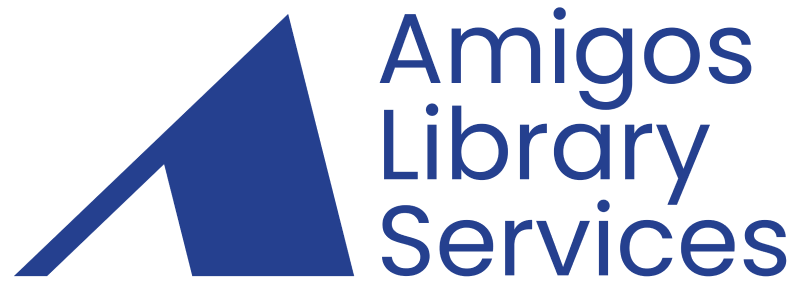Back to Basics Blogs and Newsletters for Libraries
Blogs and newsletters are still a great way to reach various library user audiences. In this session we will break down the components and best practices of effective library blogs and newsletters. Whether you are looking to refresh or launch a library blog or newsletter, this session will give you the tools. We will look a example library blogs and newsletters as well as free and low cost applications to support these library communication channels.
